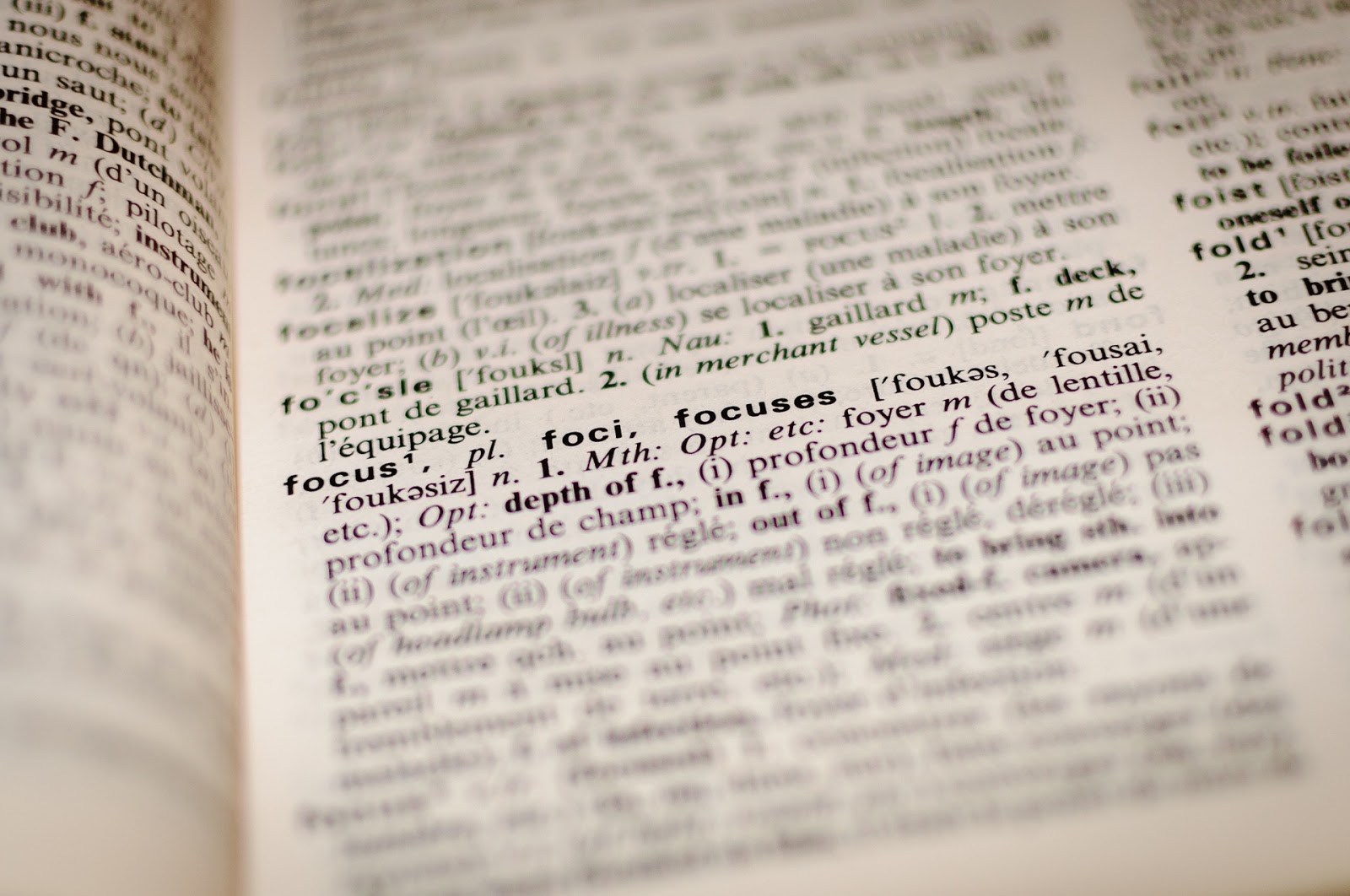English pronunciations can sometimes be tricky, especially for new learners. Several words in the English language do not always sound like how you might expect them to be. Their spellings might look completely different than what they sound. One can attribute that to the fact that English is an amalgamation of several other languages.
When we talk about pronunciations, the critical factor here is communication. The building block of any communication is words. Hence, their pronunciation matters. These mispronounced words can, moreover, lead to misunderstandings.
Moreover, it is crucial to identify and mend common mistakes revolving around pronunciation to form effortless relationships with all English speaking friends, business contacts, people providing various services, etc. Additionally, we generally do not like to get corrected, especially in social situations. That is why it is better to avoid such embarrassing mistakes by articulating them right the first time.
Say it Right!
In terms of correct pronunciation, the element of word stress has a vital role to play. It affects the pronunciation of each word differently and necessarily. In linguistics, word stress refers to pronouncing one syllable in a multisyllabic word with more significant stress or emphasis than other syllables. While speaking English, stress on a word is essential as it can entirely change the meaning depending on where you put the stress. Some nouns and verbs also have the same forms, but different pronunciations in English and here word stress come to play. For example:
- Anne set an Olympic record. (Noun)
- Anne is recording a new song in the studios. (Verb)
Here, pronunciation or syllable stress is different in both sentences. In the first statement, the term “record” comes in the noun form, and the stress falls on the first syllable: RE-cord (here the ‘re’ is similar to the ‘re’ in ‘relative’). In the second statement, the term “record” comes in the verb form, and the stress falls on the second syllable: re-CORD, (here the ‘re’ is similar to ‘ri,’ as in ‘remember.’)
Finally, let’s look at some of the most common words that even you might have probably been mispronouncing your whole life and how to pronounce them correctly.
February
A lot of people have difficulty pronouncing words with two ‘R’ sounds close together. And February should not sound like January. According to Merriam-Webster, the inclination to drop the first ‘R’ is known as dissimulation. Always pronounce both ‘R’ sounds like – Feb-roo-a-ree, and not sound like Feb-yoo-a-ree. In the same way, the term ‘library’ should sound like ‘libra-ri.’
Pronunciation
Another widespread mistake is with the word ‘Pronunciation’ itself. Often, most of the mass confuse the verb form ‘Pronounce’ and utter its noun form ‘Pronunciation,’ which is incorrect. The correct way to speak the word is ‘Pro-nun-si-ay-shun.’ Some also mistakenly say it as ‘Pro-nun-say-shun’ when it is ‘Proh-nun-see-ay-shun.’
GIF
Many people mispronounce it as ‘Jiff.’ However, the correct term is ‘Giff.’ A GIF, as you know, is the abbreviation for “Graphics Interchange Format” found online. It is a small picture file, generally with a quick motion or animation. The pronunciation of this word has been the subject of doubt for many years. Even Steve Wilhite, its inventor, claims ‘jiff’ pronunciation. However, you could reason that ‘jiff’ cannot be correct, as GIF is an abbreviation. ‘Graphics’ has a hard ‘G,’ so it is only sensible that GIF comes with a hard ‘G’ as well.
Often
According to Merriam-Webster, pronouncing the ‘T’ in ‘Often’ is officially one of the most incorrect pronunciations. In the English language, several words contain silent letters. It is one of them and is supposed to be ‘OFF-en.’ The ‘T’ is entirely silent while pronouncing it.
Cache
As generally presumed, this is not a tricky French word. The propensity to say ‘cash-AY’ comes from the word ‘cachet,’ meaning prestige, which looks similar to ‘Cache,’ even as ‘cache’ refers to a hiding or storage place. The correct pronunciation is ‘Kash’.
Espresso
While doing any business, especially with Europeans, be careful to say ‘espresso’ and not ‘expresso.’ There is no ‘x’ in espresso.
Forte
All the music enthusiasts might say this word as ‘for-TAY,’ and when we talk about a composer’s note, that would be right. On the other hand, when the word ‘forte’ refers to one’s strong point, there is no second syllable required and is just pronounced as ‘fort.’
Itinerary
Many people mispronounce the word they use while planning a vacation. The itinerary is a detailed plan for a journey, especially a list of places to visit while you are there. It is often mistakenly pronounced as ‘Eye-tin-air-ee’ or ‘Eye-ten-ee-air-ee’ when it is ‘Eye-tin-er-air-ee.’
Meme
It means an image, piece of text, or video. It is typically funny or witty, spread rapidly by internet users, and sometimes with slight variations. The word was rarely used until the rise of Internet memes, so it is a highly mispronounced word by many. It is generally mispronounced as ‘Mehm’ or ‘Mee-mee,’ but should be ‘Meem.’
Bruschetta
The wonderful Italian dish of grilled bread and veggies takes a hard ‘R.’ This is because in the Italian language, “sch” comes only before ‘e’ or ‘i,’ and is always pronounced like the English ‘sk.’ Hence, it is not ‘broo-SHET-ah,’ but ‘broo-SKET-ah.’
Anyone can make these kinds of mispronunciations, and there might be a few words that a person mispronounces unintentionally. There is never any harm in correcting and improving, whether it is to indicate the level of education or talent through language. After all, learning English is fun and exciting!








Leave a Reply